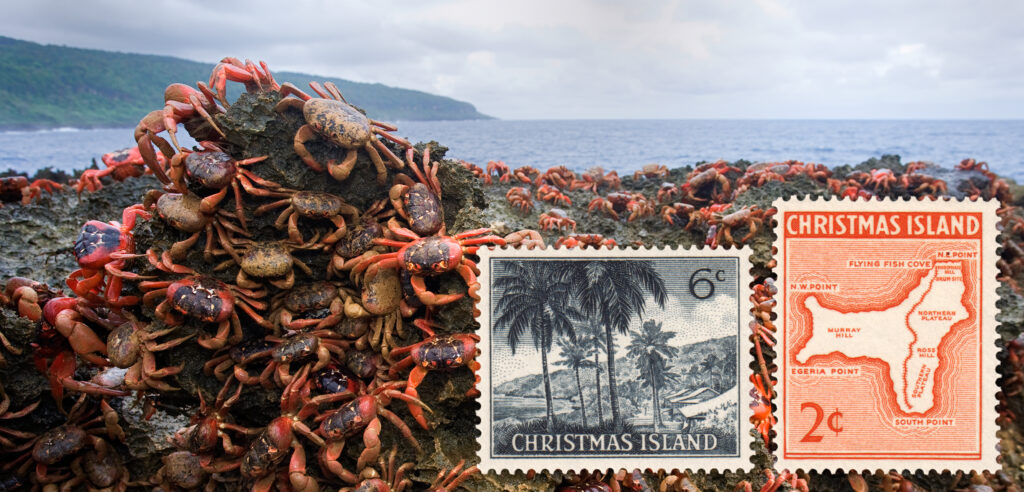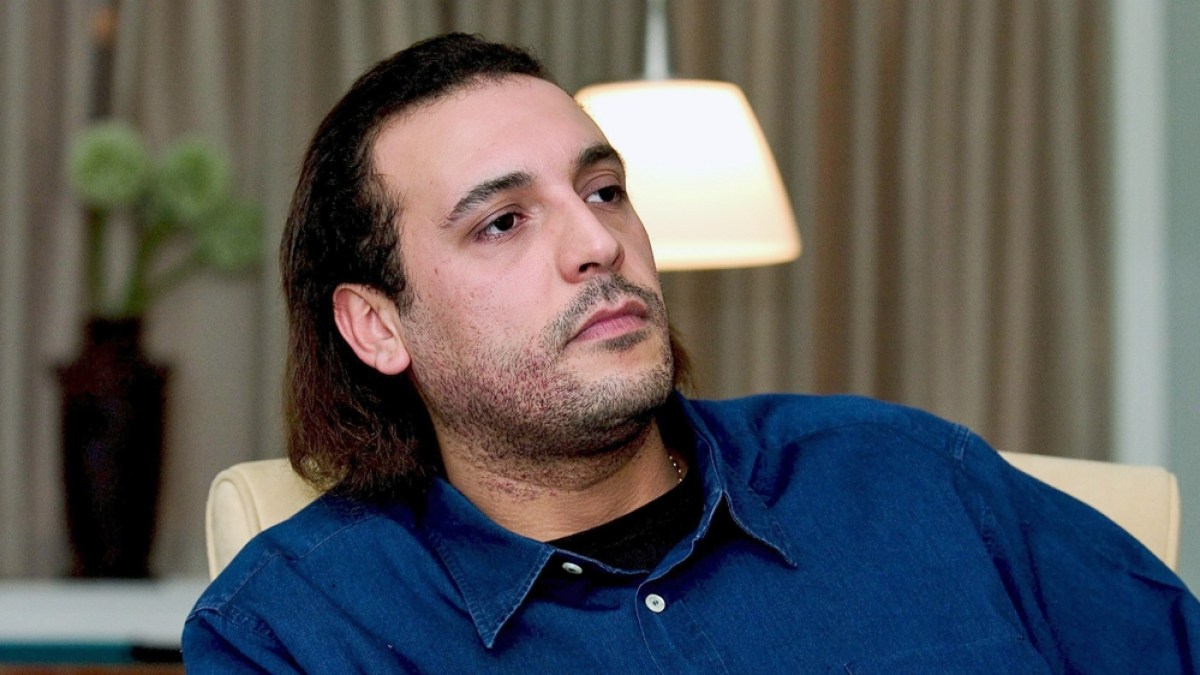Google has become a significant fixture in the digital infrastructure of the Pacific region. In late 2023, Canberra announced a joint project involving the US, Google, and Vocus, an Australian digital infrastructure firm, to deliver the A$80 million South Pacific Connect initiative. The objective is to link Fiji and French Polynesia to Australia and North America, with the hopeful placement of landing stations in other South Pacific countries.
Interest in Google’s relationship with the Australian government was also piqued this month by promised activity on Christmas Island, located 350 kilometres (220 miles) south of Indonesia. This Indian Ocean outpost, known for its exquisite environmental beauty, has often been shrouded in secrecy. Unwanted refugees and asylum seekers have periodically been detained on the island, victims of Australia’s harsh approach to undocumented naval arrivals.
In August 2016, the Asylum Seeker Resource Centre described the Christmas Island Detention Centre as resembling “a high security military camp where control is based on fear and punishment, and the extensive internal use of extrajudicial punishment by force and isolation is evident.”
However, the goal of the Silicon Valley behemoth lies elsewhere. Following the signing of a cloud deal with Australia’s Department of Defence in July, Google has promised to build what Reuters describes as “a large artificial intelligence data centre” on the island.
Advanced talks are underway to lease land near Christmas Island’s airport for the site. This will include an arrangement with a local mining company to manage any necessary energy needs for the 7-megawatt facility, which will be powered by a combination of diesel and renewable energy.
Despite the scale and significance of the project, both the company and government officials have been cautious about revealing details. Responding sharply to Data Center Dynamics, a Google spokesperson stated, “We are not constructing ‘a large artificial intelligence data centre’ on Christmas Island. This is a continuation of our Australia Connect work to deliver subsea cable infrastructure, and we look forward to sharing more soon.”
Planning documents reveal that the company envisions an “additional future cable system” to connect Christmas Island to Asia. The Australian Department of Infrastructure has confirmed the project, which includes plans to link the island to Darwin using services from US-based contractor SubCom.
Officials were quick to downplay potential disruptions to the 1,600 residents, who currently rely heavily on diesel generators to supplement inadequate renewable energy sources. A department spokesperson stated, “The department is in discussions with Google to ensure energy requirements for the proposed project are met without impacting supply to local residents and businesses.” They also affirmed that, “All environmental and other planning requirements will need to be met for the project to succeed.”
The cautious official tone stands in contrast to the enthusiasm of those who see military potential in the island outpost. Former US Navy strategist Bryan Clark, recently involved in a tabletop war game with US, Japanese, and Australian military personnel, emphasized the strategic importance of the data centre.
Clark explained, “The data centre is partly to allow you to do the kinds of AI-enabled command and control that you need to do in the future, especially if you rely on uncrewed systems for surveillance missions, targeting missions, and even engagements.”
He noted that subsea cables offer more reliable communication channels and can frustrate interference attempts, especially from China, including efforts to jam Starlink or other satellite communications. Subsea cables also provide significantly greater bandwidth.
“If you’ve got a data centre on Christmas Island, you can do a lot of that through cloud infrastructure,” Clark said.
Once again, American power is using Australian territory as a conduit to maintain its global influence. Google’s connections with the military arms of several nations illustrate Big Tech’s ongoing penetration into the industrial complex.
The relationship between military research and development, pioneered by government agencies, and their partnerships with private contractors, has now come full circle. Digital-military-industrial complexes are engaged in steady rivalry, most prominently between China and the United States.
“This is contributing to the blurring of state-corporation boundaries even more than what was observed during the second half of the twentieth century with the rise of transnational corporations,” write Andrea Coveri, Claudia Cozza, and Dario Guarsacio in Intereconomics.
This blurring undermines both company accountability and government independence, regardless of how well the issue of planning approvals is presented.
Christmas Island residents are likely to be at the mercy of unimaginative officials, easily swayed by promises of investment and returns.
“There is support for it,” says Steve Pereira, Christmas Island Shire President, “providing this data centre actually does put back into the community with infrastructure, employment, and adding economic value to the island.”
As for the military dimension, Pereira adds, “We are a strategic asset for defence.”
What a comfort for the local citizenry.
https://dissidentvoice.org/2025/11/google-on-christmas-island-data-centres-and-imminent-militarisation/



